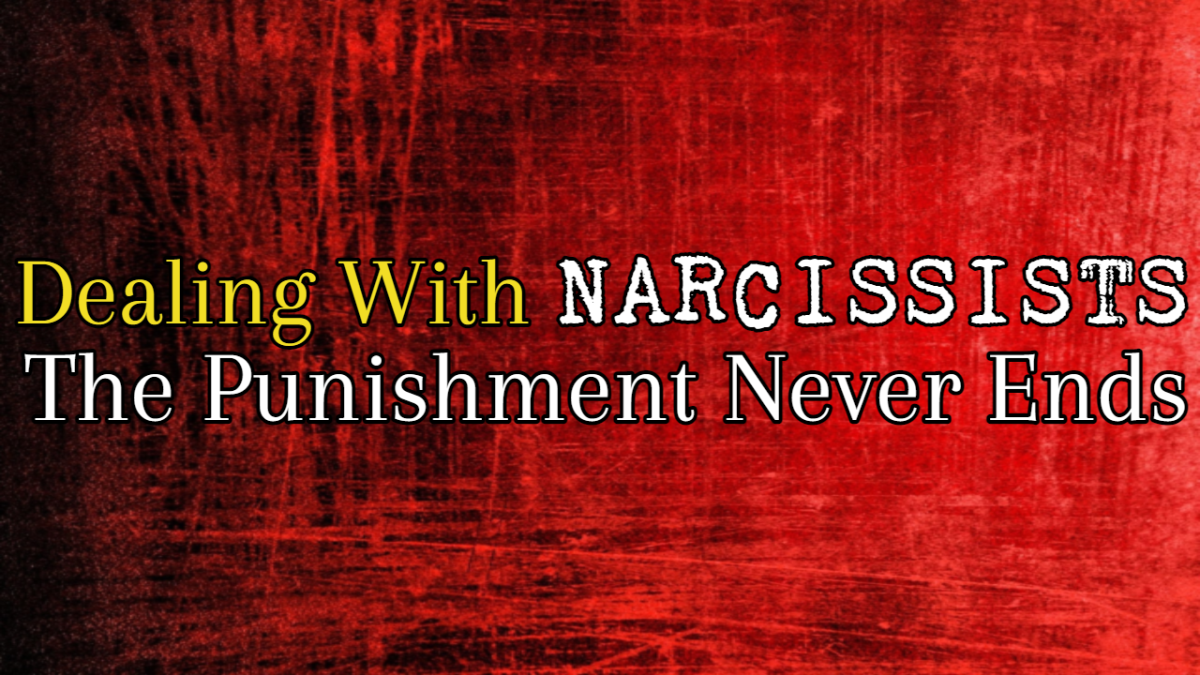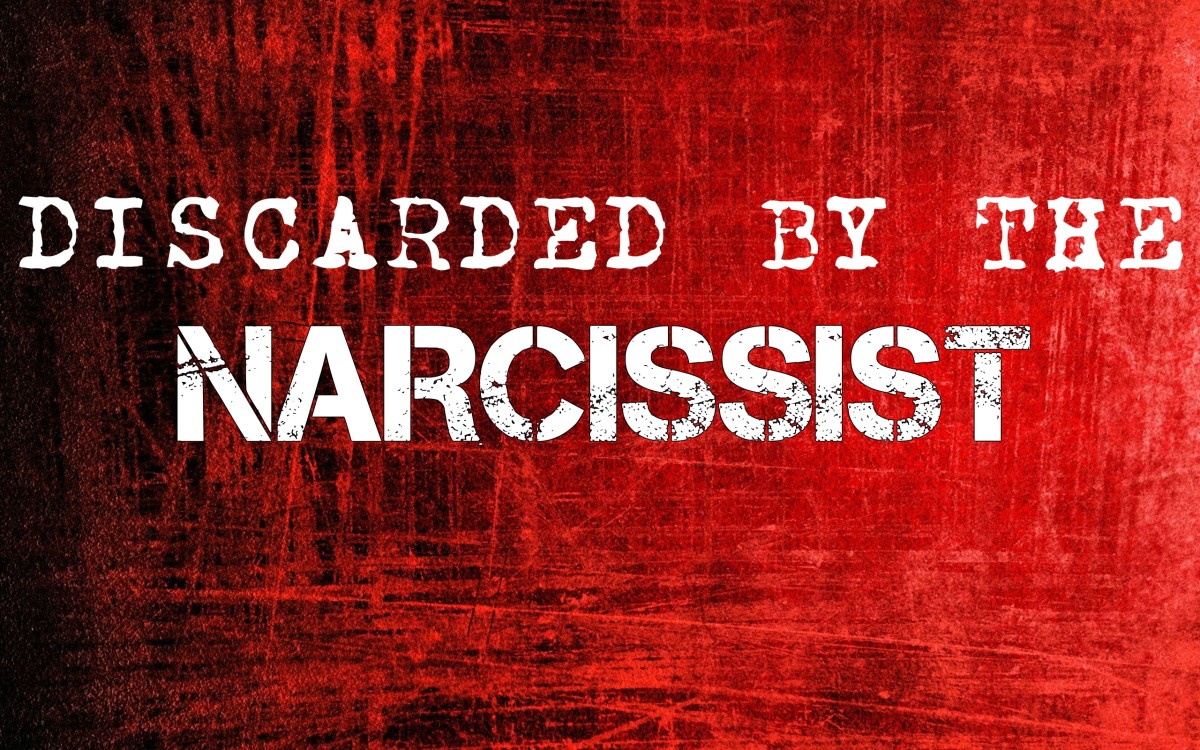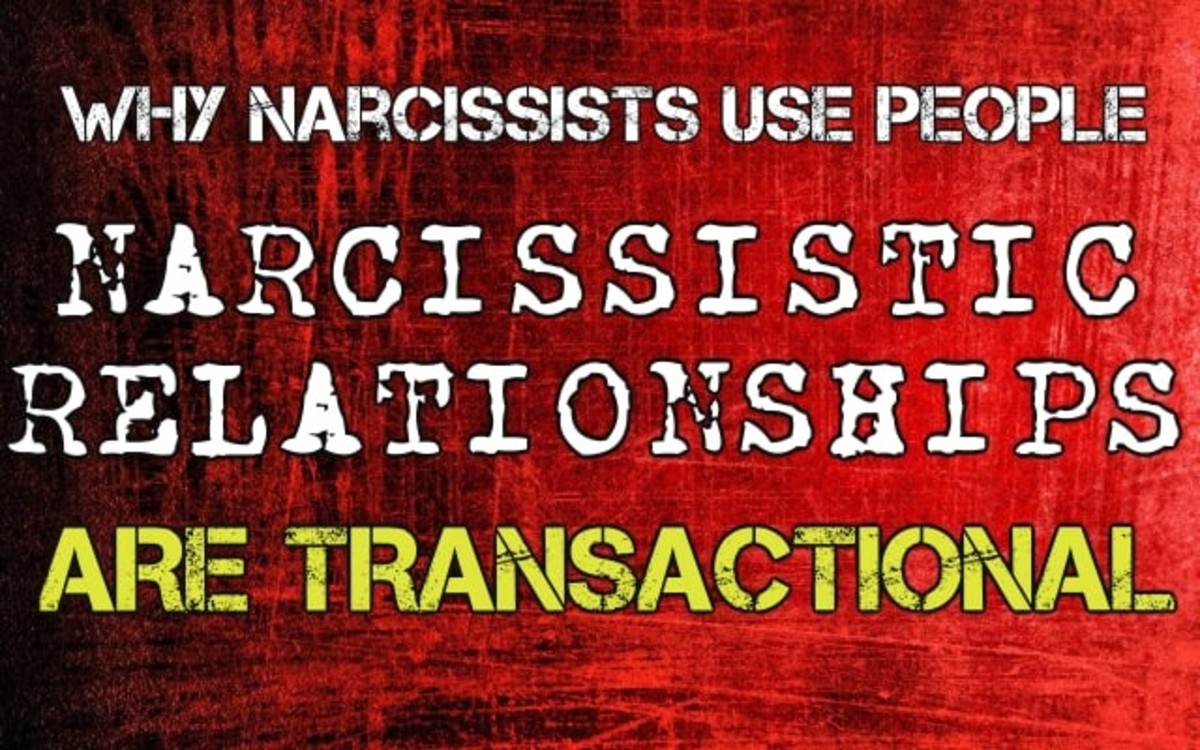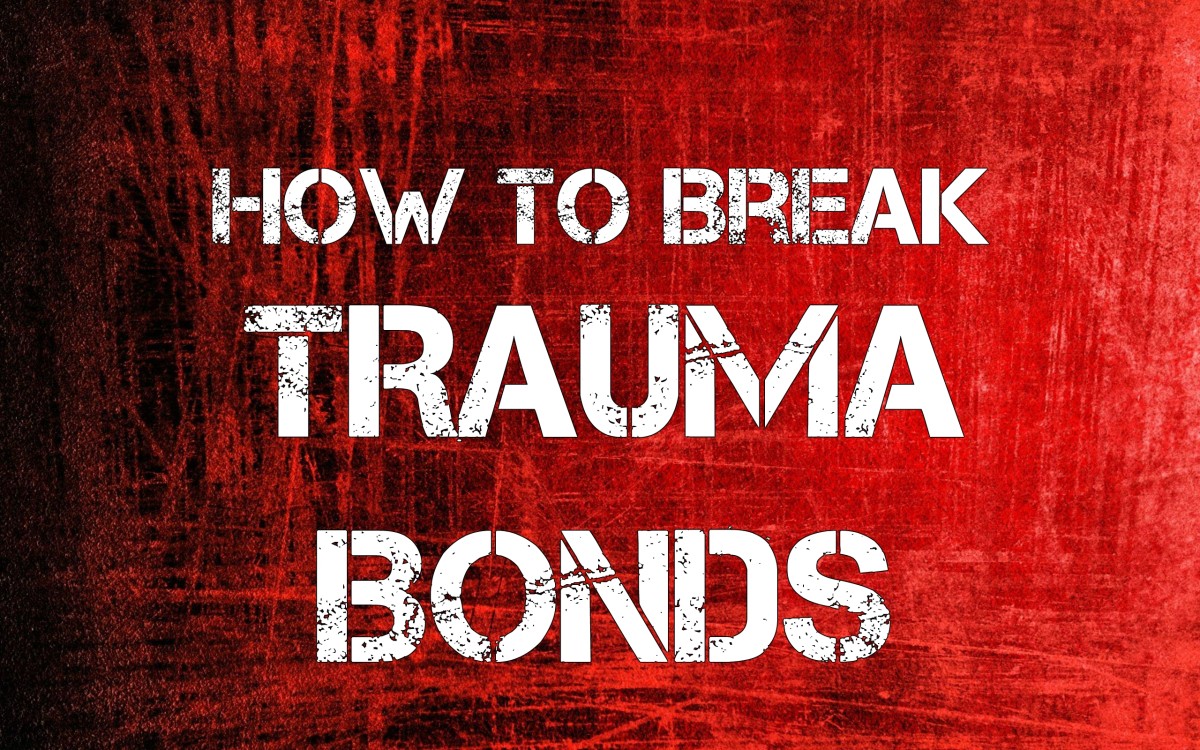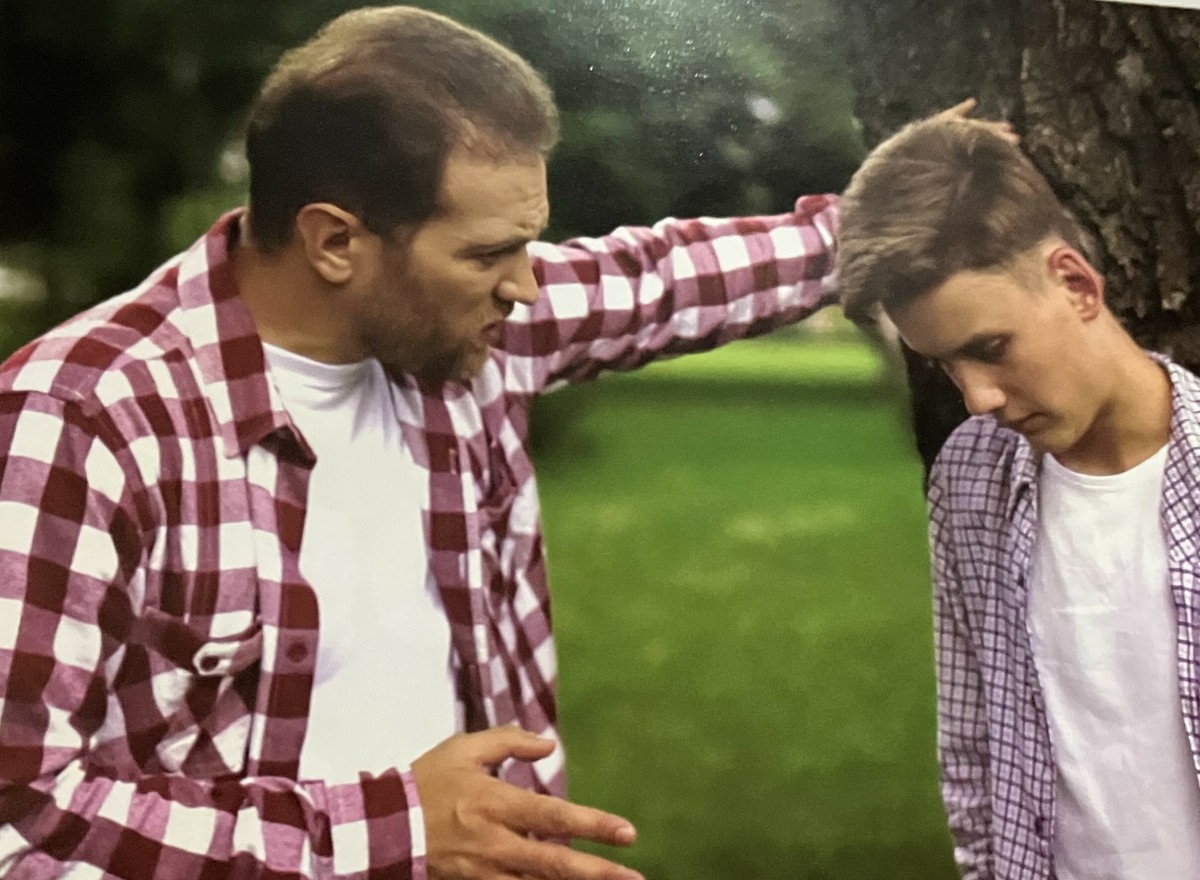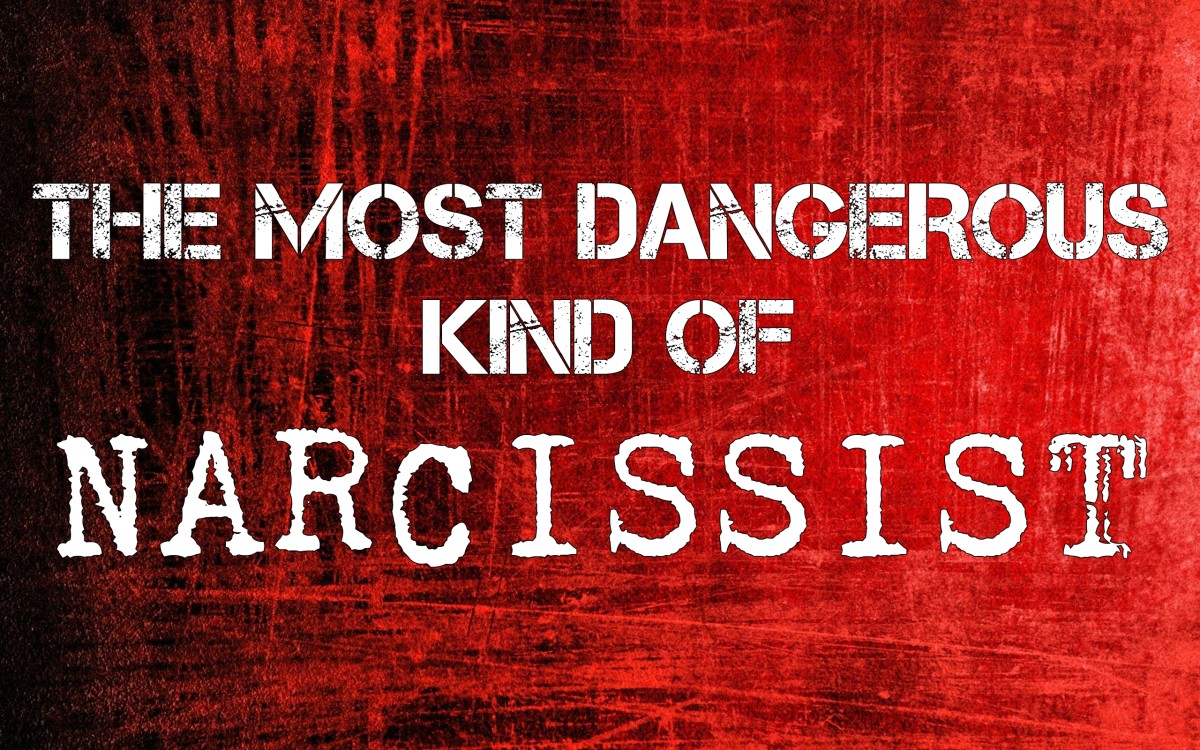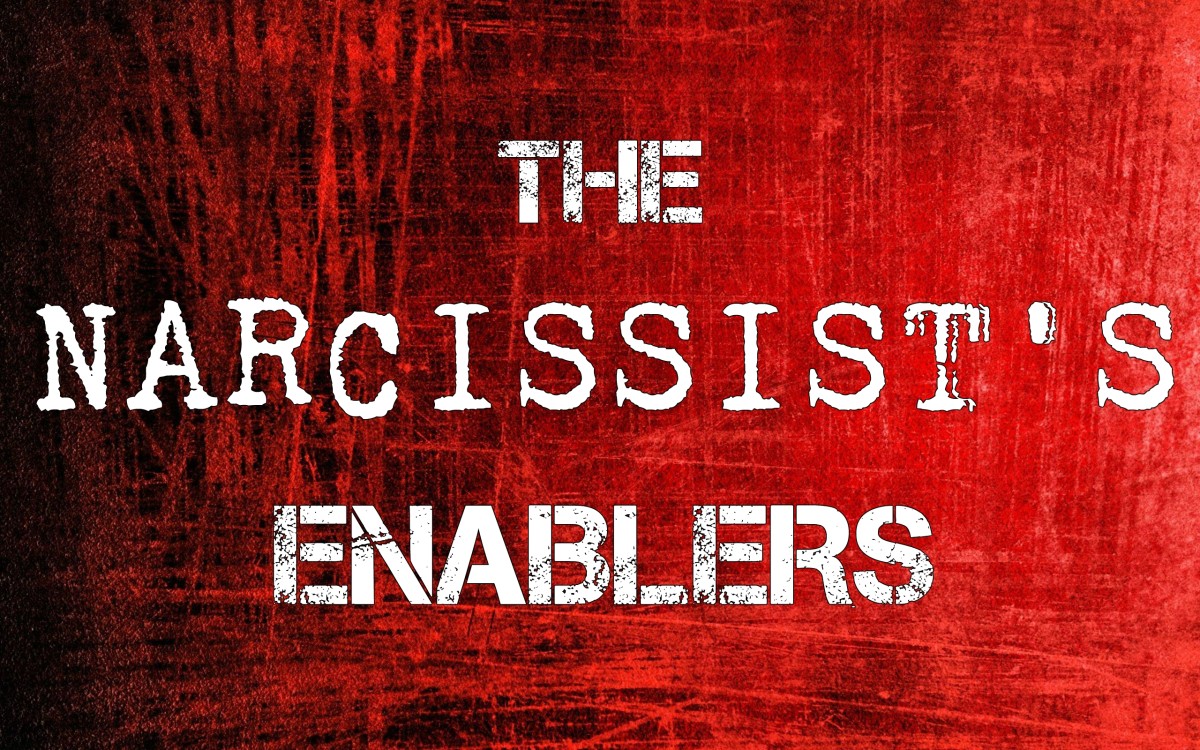- HubPages»
- Health»
- Mental Health»
- Personality Disorders
The Original Narcissist - & How it Affects You
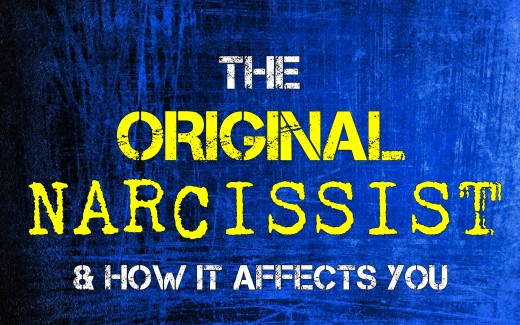
Many people who find themselves entangled in relationships with narcissistic people wonder how they ended up being vulnerable to this type of relationship in the first place. This can usually be traced back to a relationship with someone in childhood. We can call this person the Original Narcissist. This would be the person who modeled this relationship for you as a child, the person who taught you that not being accepted, validated or considered was normal. The relationship with the original narcissist is usually the root of vulnerability regarding narcissistic relationships later in life. Through a culmination of learned behavior and trauma bonding, people are taught that love is not love unless it's painful. This is a pattern many people hold their entire lives, never realizing that they can learn a different way of being.
If the Original Narcissist was one of your parents, then you would be especially susceptible to these kinds of relationships later on in life. It's what you've been taught, and so much of what we are and do is, upon examination, nothing more than what we've been taught. People with a narcissistic parent usually have poor boundaries because the parent discouraged and destroyed these boundaries whenever possible. They are often enmeshed in trauma bonds with the parent as well, which makes them more willing to accept these types of relationships later in life. If you've read the article about breaking trauma bonds, then you know that trauma bonds involve a biological component as well as a psychological one, and are more similar to a substance addiction than anything else.
Trauma bonds are caused by inconsistency and abuse in relationships. The stress and abuse causes hormones such as cortisol and adrenaline to be released into the body. These on their own can be very addictive, especially adrenaline. But when the honeymoon part of the relationship happens and the stress is relieved, the brain dumps another hormone: dopamine. These things together create a vicious chemical cycle that can be very difficult to get out of. This is one of the reasons abusive relationships of every kind are so hard to break free from: your own body may be working against you. People who leave a trauma bonded relationship become stuck at the top of the roller coaster, so to speak. They have gone up to the tippy-top of the roller coaster on adrenaline and cortisol, but have not come down into the valley of calm and happiness with dopamine. Since their body has become dependent on the cycle, this is often extremely difficult to sustain. They will often return to the abusive person they are trauma bonded to in an attempt to complete the cycle, because the addictive nature of the trauma bond makes them feel as if the abusive person is the only one who can make them feel better.
A person's dependence on this pattern was generally created by the original narcissist or original abuser in their life. Children that are emotionally abandoned, abused or neglected may experience high levels of stress much of the time. The only escape from it may be when their narcissistic parent pays attention to them or randomly shows affection or kindness. They may be rewarded when they do exactly what the parent wants, or when they place the parent's needs above their own. Because the parent is inconsistent and capricious, however, these things don't always work, so the child is left continuously trying to gain the parent's approval and favor but often failing. This results in an endless pursuit of good feelings that may never come or don't last.
Because children interpret everything around them as being related to them and because children generally see their parents as infallible, they simply assume they cannot gain their parent's favor or love because something is wrong with them. Even as they get older and realize that their parent is not infallible, and indeed, may be seriously mentally ill, many people don't seem to be able to shake the idea or fear that something is wrong with them which makes them unlovable. This is the same dynamic they will then carry into adult relationships. They end up endlessly chasing approval or love from their adult partners and never giving up when it doesn't come because they've been taught that this is just how it is. The inconsistency, excitement and drama of trauma bonded relationship cycles can make it so that "normal" relationships feel boring or uninteresting, causing a person to only feel fulfilled in relationships with people that are abusive, emotionally unavailable or otherwise invalidating. Narcissists tick every box on that list and more.
People who've been exposed to this type of environment as children will be very vulnerable to love bombing from the narcissist, as they are often seeking affection and acceptance, but they will be even more vulnerable to the sudden withholding or withdrawal of affection and attention by the narcissist. This is what triggers the cycle and then the chase is on. The addiction to the good feelings is only part of the problem. There is an addiction to the bad ones, too. More specifically, it is an addiction to the hormones released by stress, but there may be a psychological aspect to it, too. It may be that the relationship represents a person's ability to prove once and for all that they are not unlovable. Or it may be that the bad feelings provoked by the abuse or neglect represent a self-fulfilling prophecy, which a person feels obligated to punish themselves with over and over again.
There can be many reasons, but the important thing to remember is that it doesn't have to stay like that. You can break trauma bonds and you can heal codependency. What you are now is not all you can ever be.

